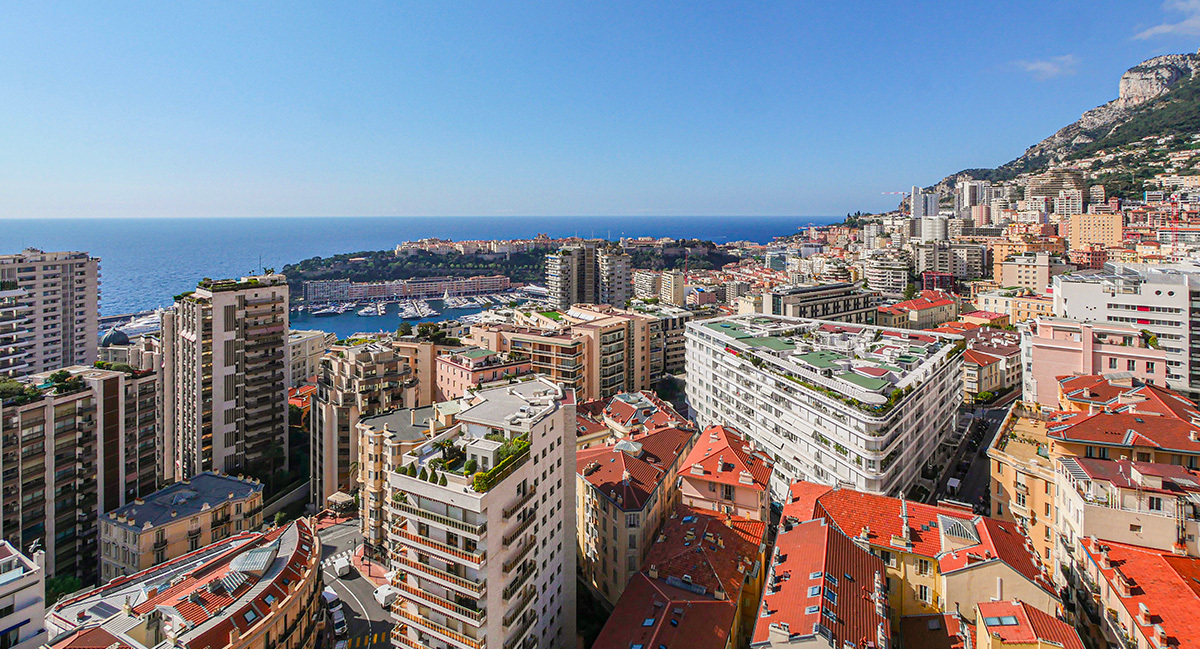
Sole mandate? What's the difference between an offer to purchase and a sales agreement? Focus on selling a flat in Monaco, with answers to 3 key questions about selling property in the Principality from Olga Popova, one of our negotiators.
What is the difference between a simple sales mandate and an sole sales mandate?
A sales mandate is a bilateral contract between the seller, the owner of a property, and a property professional (the mandataire) to whom the seller entrusts the sale of the property. The contract sets out a number of points, including the identity of the parties, the description of the property, the price, the agent's remuneration and the duration of the mandate.
Under a simple mandate, the seller retains the right to entrust his property to several real estate agents or to sell it directly. Only the agent who puts the buyer in touch with the seller will then be paid. This type of contract certainly offers the seller greater freedom, but it can also be unfavourable to the marketing of the property, for example, because of divergent information communicated by the different agents. In addition, there is a significant risk of losing control over the commercialisation of the property and reducing its desirability. The same advertisement seen on numerous distribution channels can give potential buyers the impression that the property is difficult to sell, and they will then have a negative impression of it.
An exclusive mandate, on the other hand, binds the owner to a single agency for the marketing of the property. This means there is a single point of contact who centralises all the information and requests, guaranteeing the best possible presentation of the property.
In return for the trust placed in the agency, the latter makes a greater financial and human investment in the advertising, promotion and tailor-made marketing strategy for the property for sale.
It has also been proven that the property will sell faster and for a better price under these conditions. The agency defends the seller's interests to the best of its ability, collects all enquiries from potential buyers and is therefore in a position to select the best offer on the best terms.
In Monaco, more than anywhere else, the exclusive mandate makes perfect sense. Given the large number of players in the property market, there is a significant risk of losing control over how the property is marketed. Even if you choose to have a single representative, the majority of transactions are carried out in collaboration with intermediaries and/or other competing agencies, giving the seller an extensive network of potential customers.
Is it compulsory to use an estate agency in Monaco?
It is not compulsory to use an estate agent to sell a property in Monaco; an owner, whether an individual or a legal entity, can sell the property on their own.
However, if they do not wish to sell it themselves, the only people authorised to do so are Monegasque estate agents. A foreign agency or a family office, for example, are not authorised to market a property in the Principality.
The vast majority of transactions in the Principality are carried out by estate agents. Using their services guarantees greater visibility for properties, thanks to the advertising they carry out and the extent of their network, as well as the benefit of sound advice throughout the sales process, from the study of offers and acceptance of the proposed price to the signing of the deed of sale.
What is the difference between an offer and a sales agreement?
The offer is a document drawn up by the potential buyer that allows him to reserve the property subject to conditions (price, period of validity of the offer, conditions precedent, etc.) that he sets himself. The buyer undertakes to purchase the property if the seller accepts. Once the offer has been accepted, neither the vendor nor the purchaser may withdraw without financial consequences for reasons that have not been specified. The file is then sent directly to the notary of their choice, who will receive the deposit owed by the buyer and collect the documents needed to draw up the various deeds.
A sales agreement, which is not compulsory in Monaco, follows the offer to purchase and seals the agreement between the vendor and the purchaser. Its purpose is to clarify the specific conditions for the purchase of a property, known as "suspensive conditions". These include the buyer's request for a loan from a Monegasque bank, a request for the property to be cleared, and the purging of pre-emption rights by the State or a tenant (if the property in question is located in a building constructed before 1947). The preliminary sales agreement sets a maximum period for these conditions to be fulfilled, and the sale will only be confirmed if they are fulfilled in full within the specified timeframe.
Don't wait any longer, contact us without obligation and in complete confidentiality to discuss your project, and we'll be delighted to help you make it a reality by guiding you through the various stages.